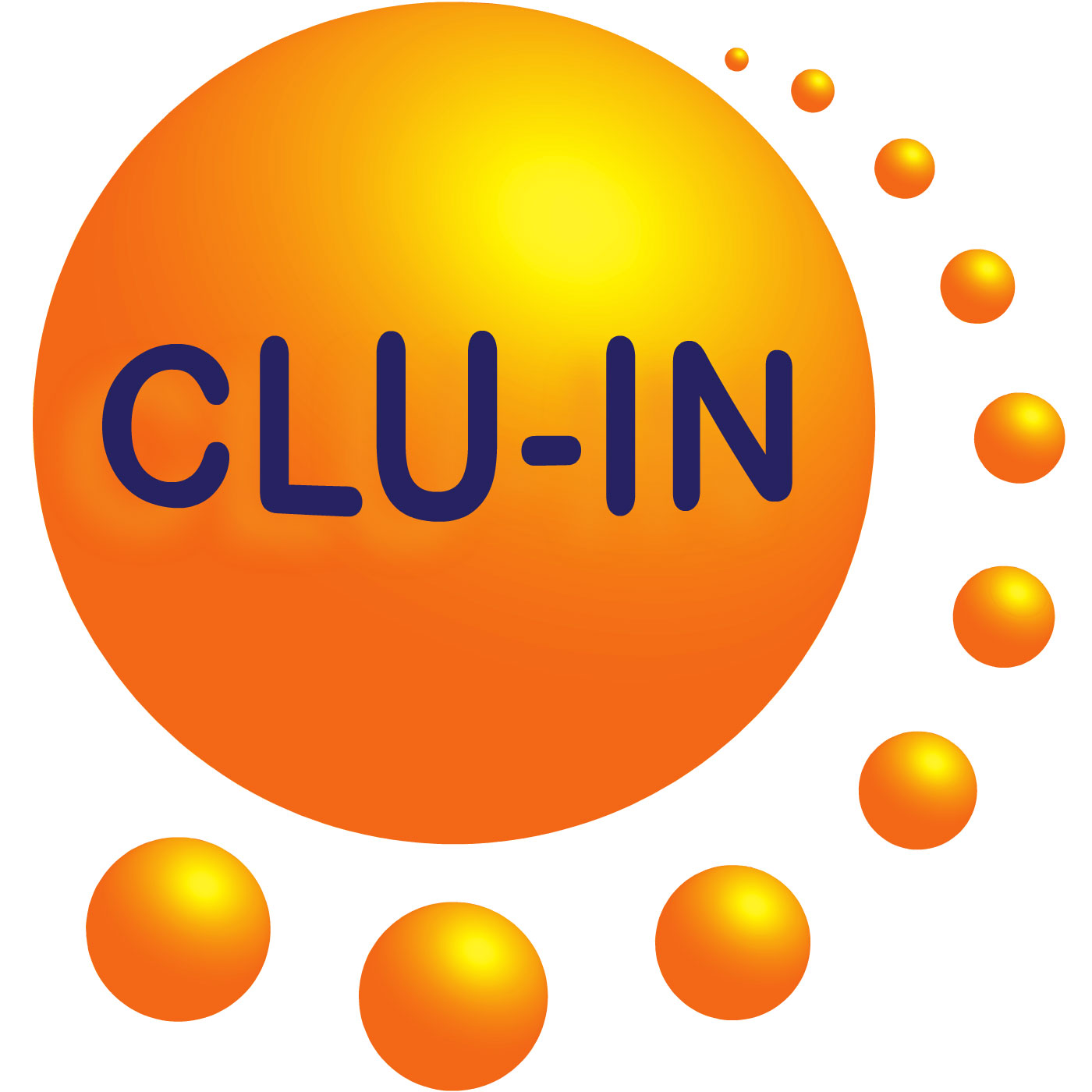Audio for "ITRC: Managed Aquifer Recharge (MAR)," May 30, 2024
Description
The ITRC Managed Aquifer Recharge (MAR-1) Training is intended for state regulators and stakeholders who may not be familiar with the opportunities and challenges associated with MAR. It provides a basic understanding of MAR concepts, along with case studies, that showcase examples of successful MAR applications. For those who are familiar with MAR, the training gives an overview of the components of the MAR process along with the important considerations associated with each component necessary for the design and implementation of a MAR project. It is important to understand that MAR is an area of active research and expanding practical applications, and that this management process is continuing to evolve with time.The combination of climate change and growing demand for fresh water has resulted in an increase in the vulnerability and scarcity of freshwater supplies around the world. The need for fresh water to grow crops and provide for the welfare of the general population, economic growth, and ecosystems is becoming more acute. In the past 50 years, the amount of water withdrawn for human use has tripled. MAR is becoming an increasingly important method for improving and supplementing subsurface freshwater storage and ecosystems with an additional benefit of reducing flood risk, managing stormwater, mitigating subsidence, and controlling saltwater intrusion. Training ObjectivesUnderstand MAR and its applications.Recognize MAR as a process rather than a single technology. Acknowledge that MAR can be widely applied.Understand MAR's role in the future for addressing water supply resilience and climate impacts.Training GoalsProvide a model of the MAR process illustrating the primary components and their interaction.Provide an overview of the applications of MAR and the role in addressing climate change impacts through sustainability and resilience in water resources management.Provide information on each component of MAR and the critical considerations for each component in the design of a MAR project.Reference case studies illustrating the various applications of MAR.After the MAR Training, the audience will have the tools necessary to understand MAR and how it can be used as a water resource management tool that encompasses a wide variety of water sources, recharge methods, and storage management practices. The audience will develop an understanding of MAR and its importance in achieving sustainability, resilience, and the far-reaching benefits of MAR related to water supply and quality, mitigation of saltwater intrusion, flood control, and ecological habitats. This training will provide information about the components of a MAR project to help regulators, practitioners, and stakeholders in the development and review of a MAR project.Recommended Reading: Participants are strongly encouraged to review the ITRC Managed Aquifer Recharge document prior to participating in the training class. To view this archive online or download the slides associated with this seminar, please visit http://www.clu-in.org/conf/itrc/MAR_053024/
More Episodes
In response to one of the biggest emerging environmental concerns, ITRC formed the Microplastics Team in 2021 to develop the Microplastics Guidance Document. Plastics have become pervasive in modern life and are now used in a wide range of commercial and industrial applications. Microplastics...
Published 11/07/24
The NIEHS Superfund Research Program (SRP) is hosting a Risk e-Learning webinar series focused on using artificial intelligence (AI) and machine learning to advance environmental health research. The series will feature SRP-funded researchers, collaborators, and other subject-matter experts who...
Published 11/04/24


